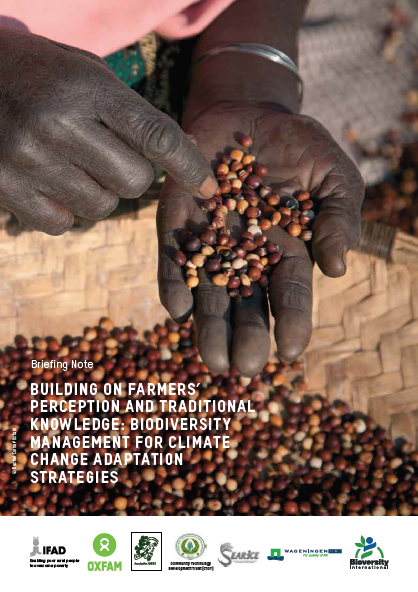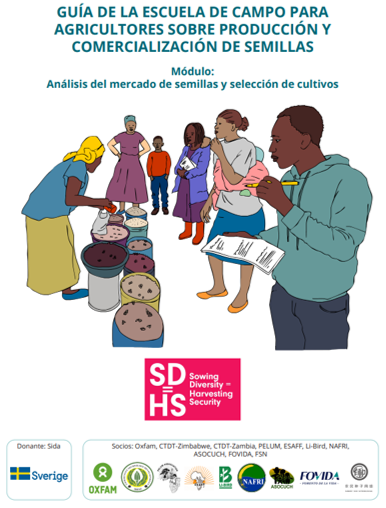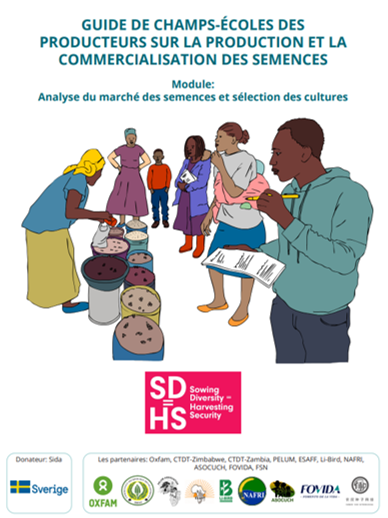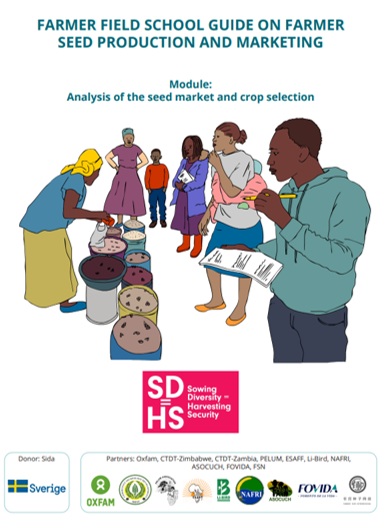Despite a number of studies on farmers’ perceptions of climate change, the gap between indigenous peoples and smallholder farmer’s use of complex adaptation processes and technical recommendations provided by agricultural research institutions continues to exist. Lessons learned from decades of experiences in participatory research worldwide regard the role of peoples’ traditional knowledge. How can we apply traditional knowledge to the new realities of climate change? How can we enhance farmers’ traditional knowledge on weather forecasting and agricultural planning? How do we strengthen multi-stakeholder collaboration in support of IPSHFs’ adaptation strategies?
In exploring ways to respond to these questions, ANDES, CTDT, SEARICE, and Oxfam Novib conducted a baseline survey in Vietnam, Peru and Zimbabwe, in 2012-2013. The aim was to understand and build on local peoples’ perceptions, knowledge and needs to identify and strengthen coping strategies in relation to climate change and to scale up such strategies. An additional purpose was to generate and share knowledge amongst project partners and local and indigenous communities about impacts that climate change may have on food production and livelihoods, and which collaborative action may be needed. The baseline survey also serves as a major input into defining Oxfam Novib’s, partners’ and IPSHF communities’ program interventions.









